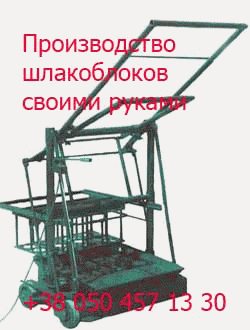The relatively slow drying speed of oils was the main limitation for their use in paints and coatings, and therefore for practical applications, a number of oils modified either chemically and/or structurally were introduced to improve their drying time and other performance factors. These modifications involving reactions of oils in other resins such as alkyds, epoxy esters and uralkyds will be covered in relevant chapters. Here we will briefly describe the chemical modification of an oil itself.
Polymerized oil: One of the common approaches used to improve drying time of coatings is to increase the MW of the oil by partial polymerization so that it will take less time to form a fully cross — linked network. In earlier times, when synthetic resins were not available, this approach was frequently used to make practically useful binders. Partial polymerization can be carried out by thermal polymerization of an oil simply by application of heat (~300 °C) and use of peroxide initiators (in the case of non-conjugated systems) via a Diels-Alder reaction. Such products are called stand oil or bodied oil. In another approach, oil can also be partially polymerized at 130 to 140 °C by passing air through it, frequently in the presence of a catalyst, a process called oxidative polymerization. While the usage of such types of polymerized oils has decreased over the years, they still find some applications in the modern coating industry for certain cost-effective oleoresinous media for printing inks and varnishes.
Dehydrated castor oil: Castor oil, a non-drying oil, can be dehydrated in the presence of a catalyst at a temperature of 260 to 280 °C to produce dehydrated castor oil, a drying oil. Dehydrated castor oil has additional unsaturation, giving a mixture of conjugated and unconjugated linoleic acid chains. Dehydrated castor oil is marketed as a product with different levels of conjugated fatty acid chains. Because of the substantial amount of conjugated chains, dehydrated castor oil shows a much faster drying time
Maleinized oils: Traditional oils with conjugated as well as unconjugated unsaturation can be modified with up to 8 % of maleic anhydride. A conjugated system reacts more readily at a moderate temperature, while an unconjugated system needs a higher temperature. Among other applications, maleinized oils are useful in preparation of resins with high carboxylic acid content, especially for water-reducible types of systems.
Epoxidized vegetable oil: This is another interesting modification of oil that involves epoxidation of carbon-carbon double bonds in fatty acid chains using peracids or hydrogen peroxide to generate internal epoxy groups. While epoxidized vegetable oils have been known for their use as plasticizers and stabilizers for PVC plastics, in recent years, there has been considerable interest in deriving sustainable, green polyols from epoxidized soybean oil as a replacement for petroleum derived polyols. Some such polyols will be discussed in Section 2.9.1.8.
 27 августа, 2015
27 августа, 2015  Pokraskin
Pokraskin  Опубликовано в рубрике
Опубликовано в рубрике 